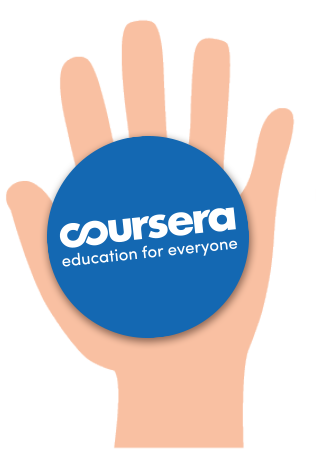I also took this opportunity to present my own experiences and ideas on running successful online collaborative projects and was most-grateful for the support of (what has turned out to be) my long-term mentor, Julie Lindsay of Flat Connections.
There were many sessions of note, but the first I will highlight was from Education Beyond Borders by Noble Kelly (recording here) in which he described the inspirational work they are doing with teachers on the African continent. What they have achieved so far is nothing
short of remarkable in terms of bringing 21st Century methodologies to the forefront of teacher training, and I highly recommend checking out their site and possibly getting involved.
Another session which was expectedly brilliant was from Julie Linsday and teacher partners who described and discussed projects they had taken part in. Some great ideas to be found for both beginners and veterans so check out their presentation recording here.
Although I could continue listing indefinitely, the final session I want to share was by the 'unschoolers' Lainie Liberti and her son Miro Siegel. They talked about their own immersive learning experiences alongside their initiative - Project World School - which brings "groups
of Western teens to South America to form a month-long intentional learning community." Watch the recording here but be warned - it may make you want to don your backpack and get going yourself!
I have downloaded several other sessions to watch, including one of personal interest on using Adinkra symbols to explore values and identity, so you can see just how wide-ranging the topics were.
[Edit: Have just watched the session and it was really interesting to learn about Sue's experiences in Ghana connecting her students with classrooms in that country. Since visiting Ghana, Sue has set up the 'African Friendship Society' at her school and the engagement and excitement generated around writing is quite something to hear about. If you have 40 minutes, definitely check this out!]
[Edit: Have just watched the session and it was really interesting to learn about Sue's experiences in Ghana connecting her students with classrooms in that country. Since visiting Ghana, Sue has set up the 'African Friendship Society' at her school and the engagement and excitement generated around writing is quite something to hear about. If you have 40 minutes, definitely check this out!]
For me, the conference underlined how powerful connecting educators across the globe can be, both in terms of inspiration and support. As the conference is also the launchpad for international projects, I have no doubt that thousands of students will have their learning experiences enriched by the connections made possible through GEC. Head over to Global Classroom Project to see how you can become a part of this global movement.
And no need to despair with the closing of GEC 2014 as you can check out all the recordings from this page. Happy learning!











